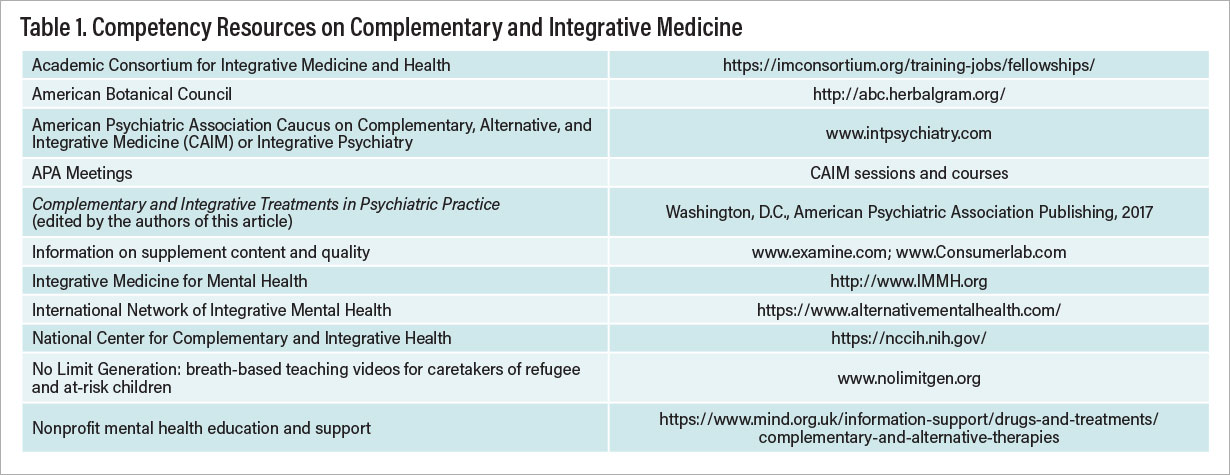
Yoga challenges have been a hot topic for years on social media, especially Instagram. These classes can have many positive effects on your physical and mental health. Following a daily schedule can help you create your own classes, or get inspired by others. You must practice safely and correctly. Here are some examples for yoga challenges that beginners can try. All of them include a series if poses spread out over thirty days.
o Establish a goal. Your goal should motivate you to keep going. It can be as easy to commit to a number of days as it is difficult to master a pose. No matter what your goal is, there's a solution that will work for you. Once you have conquered a few of the challenges, you'll feel a sense accomplishment. If you want to have a fun challenge with friends and family, you might consider creating a group competition.

A friend is an important asset in a yoga challenge. Sharing your experience makes it easier for you to make daily commitments to exercising. If you share the responsibility, you can each hold the other accountable for your efforts. It may be easier than what you initially thought. Once you've completed a yoga challenge with a friend, you'll be able to make it a habit. Your friend will keep you motivated and accountable. You can also share your experiences on social media.
A 30 day yoga challenge involves a series if poses that you practice every day. This is a good way for you to improve your health and break bad habits. Ideal is to be intermediate in yoga. But if this is your first challenge, a 30-day one might be a better option. This is a great way to increase strength and flexibility while also relaxing your mind and body.
Another popular option for participants is a one-month yoga challenge. Participants are encouraged and encouraged to practice yoga at least once a week. This can be a great opportunity to set a routine and review their progress. The challenges can often last for a whole year. You can still enjoy the benefits from practicing yoga even though you're taking on a new challenge. Be sure to review the details before you begin.

Yoga challenges are fun and can be beneficial for some, but they're not suitable for all. It doesn't matter if everyone else is doing it. The purpose of a yoga challenge is to improve your practice and promote mindfulness. It's important that you practice yoga with a qualified teacher. However, it will be easier for you to follow a video. YouTube has many videos to help beginners learn yoga.
FAQ
What can you do to improve your mental health?
When we feel stressed out at work, home, school, or with our families, mental health is crucial for all of us. The best way to improve your mental health is to exercise regularly, eat healthy food, sleep well, and spend quality time with loved ones. Exercise can increase endorphins, which make us happier. Healthy eating habits can also help our bodies function well. Being well rested gives you energy for the day. Finally, quality time spent with loved ones enhances our relationships as well as reduces stress.
Why is mental health important?
Mental health is crucial for everyone. Mental health is crucial for all people. It is important to have a healthy mind.
Our bodies can start to feel stressed if we don't feel well. This can cause physical problems such headaches, stomachaches, backaches, or other symptoms. It is important to take care for our bodies and minds in order to maintain a healthy balance.
What is Positive Psychology and Why Is It Important?
Positive psychology is about what makes you feel happier. It focuses on the things that make you feel better about yourself, like happiness, optimism and gratitude. Positive psychology's goal is to improve self-esteem, happiness, health, and wisdom.
There are two types if positive psychology: trait-positive psychology and process-positive psychology. Trait positiv psychology examines the way people naturally behave. Process positive psychology studies how we can use certain strategies to achieve specific goals.
What do psychologists think about mental health and well-being?
Psychologists believe that mental well-being is an integral part of human development. They believe mental health does not simply refer to having no mental illness but also being mentally fit.
There are many opinions among psychologists regarding mental health. Some psychologists argue that mental well-being is not important, as there are many people without mental illnesses. Other psychologists believe mental health is crucial because we cannot function properly without it.
Statistics
- It means no drinking any alcoholic beverages and no taking any drugs that aren't 100% natural.
- Neuropsychiatric diseases are the leading cause of death and disability in the U.S., accounting for 18.7 percent of all years of potential lifespan loss and premature mortality.
- Similarly, for positive mental health, there is likely to be substantial agreement about some typical components (e.g., resilience to stress) 6, and controversy about more atypical components (e.g., career consolidation). (ncbi.nlm.nih.gov)
- According to the National Alliance of Mental Illness (NAMI), one in five Americans experiences mental health issues which translates to more than 40 million adults a year. (doctorondemand.com)
- Appropriate nutrition and exercise are likely among the most efficacious and cost-effective positive mental health interventions. (ncbi.nlm.nih.gov)
External Links
How To
How To Care For Children With Autism
Autism spectrum disorder (ASD), which is a neurodevelopmental disease, causes repetitive behaviors and social impairments. It affects 1 out of every 50 people worldwide; however, there is no cure for ASD.
The first symptoms usually appear during infancy, around 18 months old. The most common signs include difficulty understanding others' emotions, lack of eye contact, problems with language development, and difficulties in learning new skills. These symptoms may lead to anxiety, aggression and depression as well as sleep problems.
There is currently no known cause for this disease, although researchers believe genetics play a role. ASD could be caused by many factors including infections, stress, anxiety, medications, vaccinations, alcohol consumption, and smoking. Some studies also suggest that certain viruses such as rubella and measles may increase the chance of developing ASD later in your life.
Early diagnosis and intervention are key to improving outcomes. Many families struggle with their child’s behavior after they turn 18. Different treatment options are available depending on the severity and type of the problem. Research shows that therapy focused on improving social interaction and decreasing problem behavior can make a significant difference.